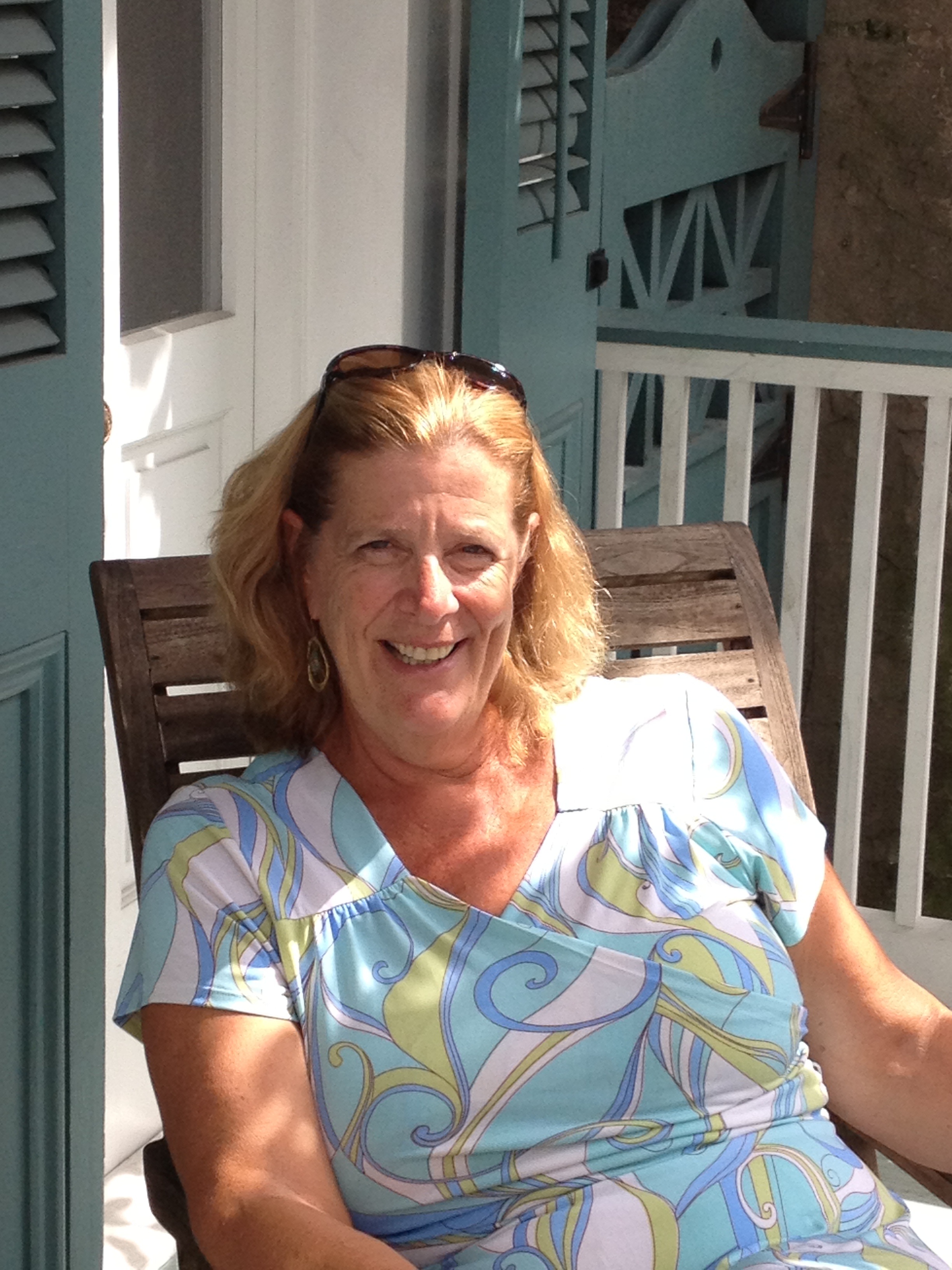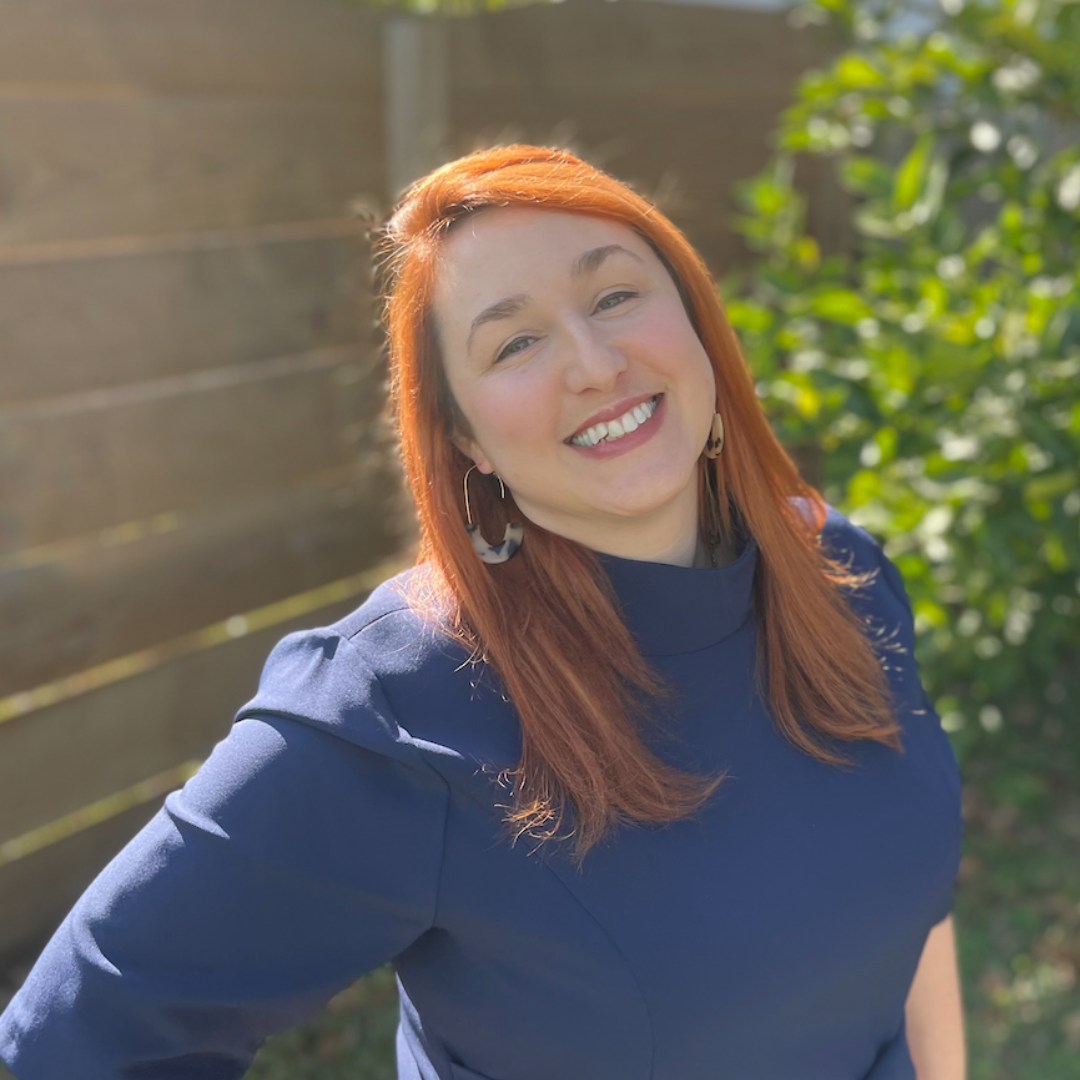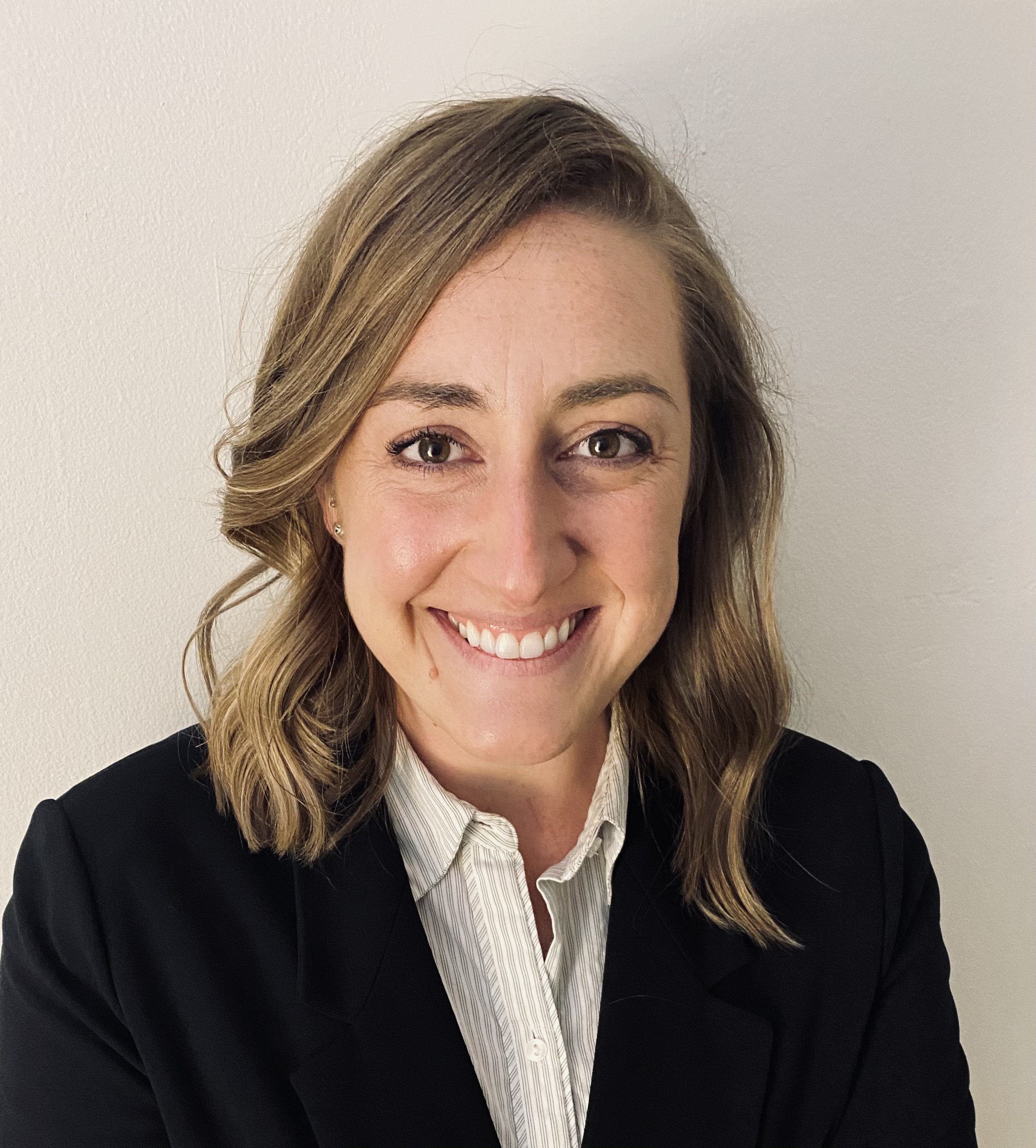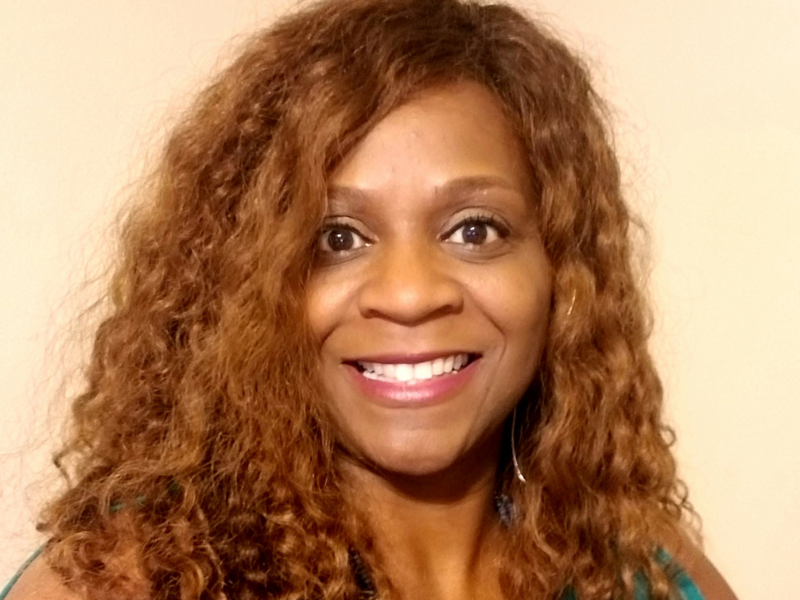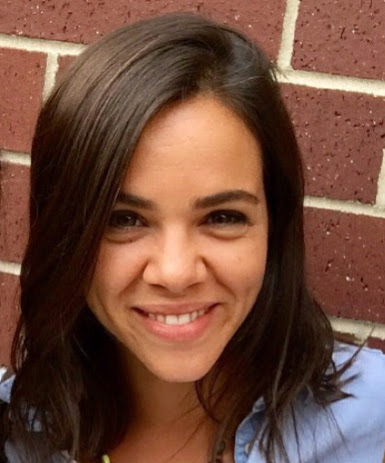Practicum Education
Internship placement, or practicum education, is a core component of the Master of Social Work (MSW) curriculum, bridging theory with real-world practice while also serving your local community. It functions as an intensive laboratory experience connected to classroom learning. At your practicum site, you will gain invaluable hands-on experience, apply your classroom knowledge to diverse community settings under qualified supervision, and foster the ability to navigate complex social dynamics and address individual and systemic challenges effectively. We aim to place students at sites that cultivate empathy, cultural competence, and ethical decision-making.
Bring learning to life.
The hallmark or "signature pedagogy" of social work, practicum education exposes students to real-world social work practice with diverse populations and a variety of social and environmental concerns. You will use the knowledge gained in the classroom to develop your practice skills in a professional setting under the supervision of experienced social work practitioners.
For our on-campus MSW students, we work with a full range of community practicum sites in and around the Greater New Orleans area.
For our learners enrolled in our online classes, the practicum education placement advisors work with and connect you with practicum sites in your area so that you can make a direct impact within your community.
Upon the completion of your MSW degree, you will have accumulated a minimum of 900 hours of social work practicum training in practicum education. With guidance and mentoring from your Faculty Field Liaison (Seminar Instructor) and your agency-based Field Instructor (Supervisor), you will not only #DoWorkThatMatters but also explore your commitment to working with diverse communities — all towards embodying professional social work values of ethical practice.
What Does Practicum Education Look Like?
Versatility
We work with you to find the site that makes the most sense for your personal, academic, and professional goals. Our students have the opportunity to work with nonprofits, schools, government organizations, hospitals, and more.
Schedule
Full-time students report to their practicum site a minimum of 24 hours/week, and part-time students report for a minimum of 12 hours/week. Students will work with their practicum site to create a schedule to complete the required hours.
Same Site
See the full scope of an organization's work by remaining at the same practicum education site for the duration of your MSW. This way, students move from basic to advanced skills, gain a breadth of knowledge, and develop relationships with employers.
Constant Support
From finding your placement to navigating challenging circumstances during your internship, our practicum team has your back. Students have multiple mentors, from site supervisors to practicum seminar instructors.
Warm Community, Accepting Culture, Strong Character
Down here in New Orleans, community is key. That's why we do our best to ensure that you complete your practicum in your local area. No matter what kind of social work you want to practice, we will assist you in finding something that suits your unique schedule and needs — no cold calling required.
interest areas for students to choose from
practicum education partners nationally (and counting!)
hours of practicum required for all students
Make Practicum Education Work for You
Whether you're getting your full-time MSW (16 months) or opting for part-time study (2.5 years), our practicum education team will work with you to find the placement site that best fits your needs. Full-time students intern 24 hours/week for three semesters, while part-time students do 12 hours/week for six semesters.
Students will receive information about practicum education during New Student Orientation. They will also be invited to attend a separate Practicum Orientation prior to starting at their practicum site.
Tona Zwanziger, LCSW, MS
Interim Director of MSW Program
Tzwanzig@tulane.edu
Joshua Fegley, LCSW-BACS
Program Manager & Senior Practicum Education Coordinator (A-L last names)
Jfegley1@tulane.edu
Jennifer Ostermann, LCSW-BACS
Program Manager & Senior Practicum Education Coordinator (M-Z last names)
Jostermann@tulane.edu
Louis Fernandez
Administrative Program Coordinator for Practicum Education
Lfernandez1@tulane.edu

900 hours, no matter what.
Whether you're online or on-campus, part-time or full-time, you need 900 practicum hours to become a Master of Social Work. But don't be intimidated — our practicum education advisors work hard to place you at the site that best fits your interests and needs. During this time, you will build relationships with colleagues, discover new areas of passion, and most importantly, learn invaluable lessons about social work practice. Plus, some students walk away with jobs!
Autumn Reinbold
Co-Founder, Healthy Avenues Medical Group
"Our most recent intern, Brittany, was very professional, insightful, and a tremendous contribution to our team over the summer as we went through our CARF accreditation. She helped review our policies and procedures to provide feedback and amendments to ensure we were up to date on the most recent CARF standards, specific to our specialty populations and programs. We are excited to continue working with Tulane School of Social Work, and we look forward to welcoming new Student Interns in the coming months!"
Anamaría Villamarín-Lupin, LCSW-BACS
Deputy Director, City of New Orleans Office of Youth & Family Services
"I graduated from Tulane School of Social Work 25 years ago, and for 14 of those years, I have a been a practicum supervisor. My personal experience in practicum was so life-changing that it led me to dedicate part of my social work life to paying it forward for generations of social workers to come."
Anne Courtney, MBA, RN, CCM
Director of Case Management, Tulane Medical Center
"The [Tulane MSW students] were always fast learners and after a short amount of time, they were working with their own censuses and case load, attending multidisciplinary rounds and participating in patient interviews by themselves. I would certainly engage Tulane School of Social Work students once again and align their studies to work with healthcare professionals in the hospital if given the opportunity in the future."
We are Social Workers
Take the Next Step!
For more details about graduate programs through Tulane School of Social Work, complete our information request form. If you're ready to take the next step, apply today!








